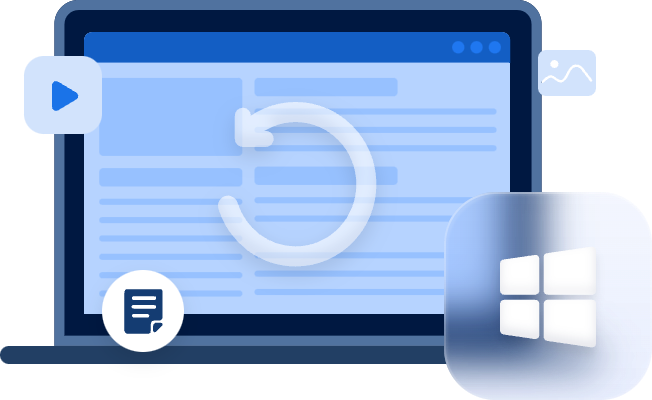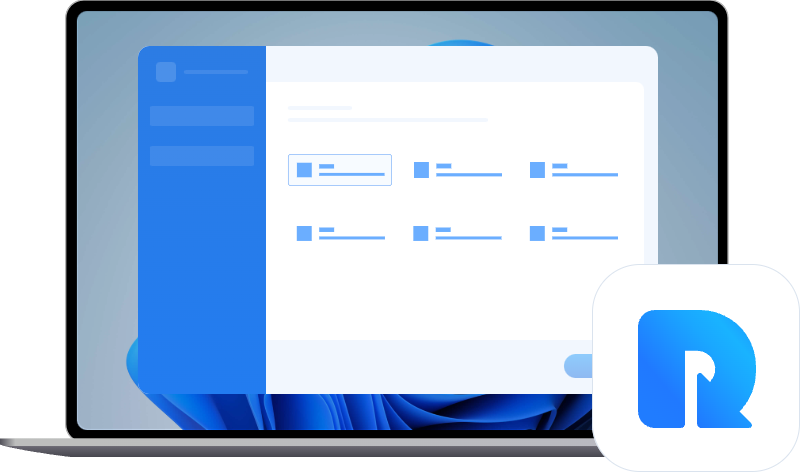Fix My Computer Automatically Deletes Files and Recover Files
This page includes 2 useful ways to recover files after my computer automatically deletes files and 3 tips to avoid the problem.
Why does my PC automatically delete files?
You may click here to get a solution to the “my computer automatically deletes files” issue. Before getting to know how to fix “my computer is automatically deleting files”, let’s learn something about the causes of it.
If you encounter files getting deleted automatically in Windows 10/11 and in other versions of Windows, there are 3 main causes of such a problem:
- Enabled Storage Sense: This feature after being enabled will automatically delete temporary files and unused files on your computer when there is not enough disk space on your computer.
- Windows Defender active protection: Windows Defender is possible to regard your files as malware so it will delete your files by mistake.
- Wrong Windows update: The Windows update is wrong and it is incompatible.
How to recover files deleted automatically on computer
There may be important data in your deleted files. If you want to recover deleted files on your computer quickly, here we prepared 2 useful and easy solutions. Pick the more suitable one for your deleted files after reading.
Way 1. Recover deleted files with an easy file recovery tool
The first method is to use a professional file recovery software called MyRecover. It can recover your deleted files at a high recovery rate and speed with an advanced scan engine and outstanding recovery algorithm.
No matter what version of Windows system you are using, you can use MyRecover to recover your deleted files. At the same time MyRecover has many other shining points:
- Support recovery for more than 200 types of files including documents, photos, music, videos, emails, and more.
- Keep the original name, format, and path of the recovered files.
- Combined scanning methods containing Deep Scan and Quick Scan.
- Simple user graphical interface and operation steps.
- Recover deleted files from USB, HDD, SSD, SD cards, and many other storage devices.
You can click on the Download Software button to get the MyRecover desktop client on your computer. Then follow the tutorial below to recover your deleted files immediately.
1. Hover the mouse over the drive saved deleted files before, and click Scan.
2. Then you can see your deleted files and other missing files after Quick Scan and Deep Scan automatically. You can type the filename in the search box or use the Filter feature to locate your deleted files faster.
3. Next, check the scanning result. Select a new location to store your files. After that, click on the Recover X files button to recover your deleted files on computer at once.
Way 2. Recover deleted files with Previous Versions
If you have enabled Windows backup on your computer, you can try restoring previous versions of file. If you never make backups of your files, please refer to Way 1 to get your deleted files back. Here are steps to recover deleted files from Previous Versions:
1. Go to the folder that contained your deleted files before. Right-click on it and choose Restore previous versions.
2. Choose the version that you want to recover, then click Restore.
How to fix computer automatically deleting files
You may also want to know how to avoid my computer is automatically deleting files in Windows 10/11/8/7/Vista/XP. For this, there are 3 solutions to the main causes of it. Try the suitable one according to the situation you met.
Fix 1. Turn off Storage Sense
When you encounter my laptop is automatically deleting files error, it may due to a new feature in Windows 10/11 called Storage Sense. When the disk storage on your computer is low, this feature will automatically delete some of your files. So you can follow the steps to turn it off:
1. Go to the Windows Settings page, and click System > Storage.
2. Under the Storage sense section, please turn off the switch.
Fix 2. Exclude files in Windows Defender
Sometimes, Windows Defender regards your files as malware by mistake so your files are deleted automatically. For this reason, you can exclude files from Windows Defender by following the guideline here:
1. Go to the Windows menu > Windows Defender Security Center. Choose Virus & threat protection and click on Virus & threat protection setting on the right page.
2. Locate and click on Add or remove exclusions under Exclusions.
3. Press the + Add an exclusion icon to choose the file, folder, file type, or process that you do not want Windows Defender to delete automatically. After saving the settings, it will never delete these files later.
Fix 3. Uninstall faulty updates
If you just upgrade the Windows operating system on your computer to a newer version, your files may be deleted due to wrong Windows updates. To fix it, you have better uninstall the faulty updates. Here is a simple tutorial to do it:
1. Go to Control Panel and choose Programs > Programs and Features.
2. Locate the update that you recently downloaded, and right-click on it to choose Uninstall.
Written in the end
In this article, you will get 3 useful solutions to stop my computer automatically deletes files. At the same time, 2 Windows file recovery tutorials are also introduced in detail. You can take advantage of them to get your deleted files back quickly and easily.


